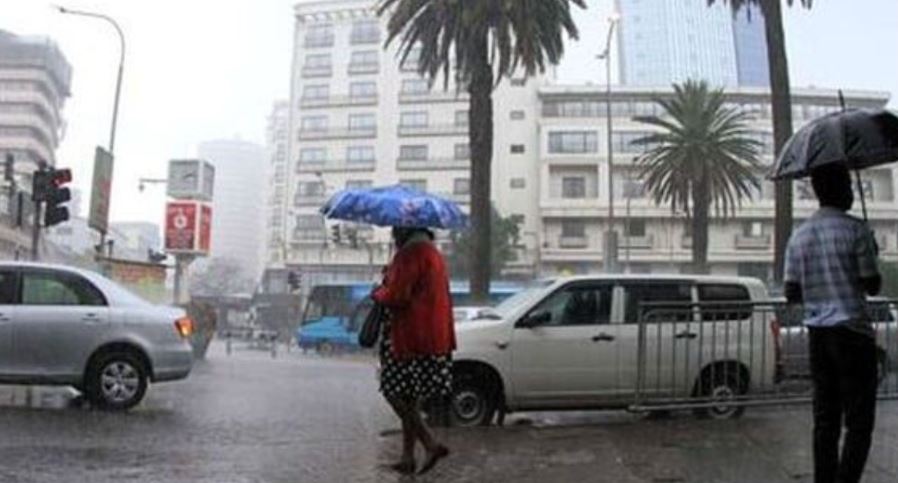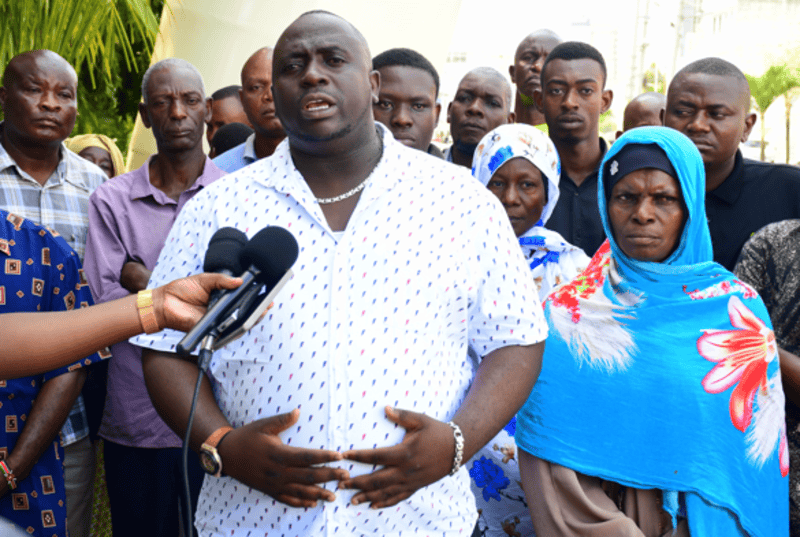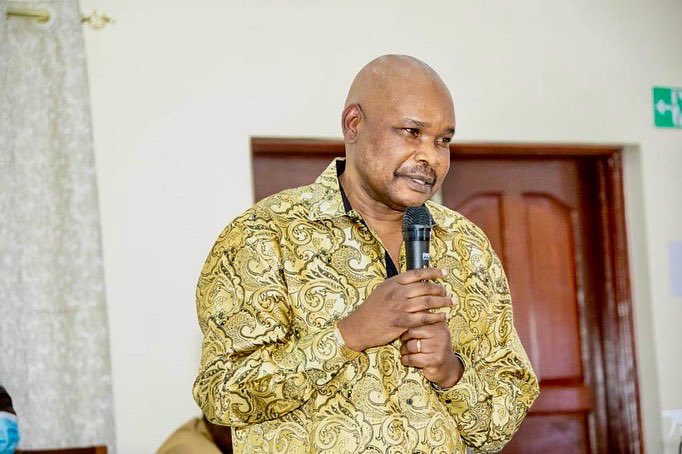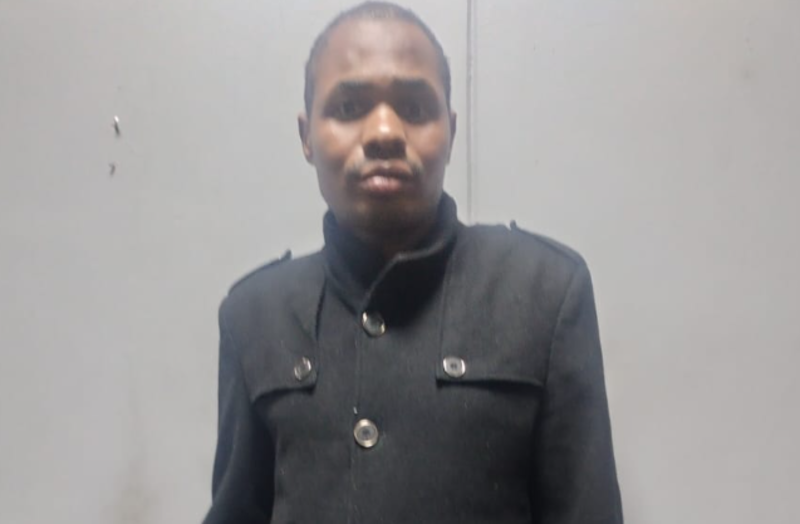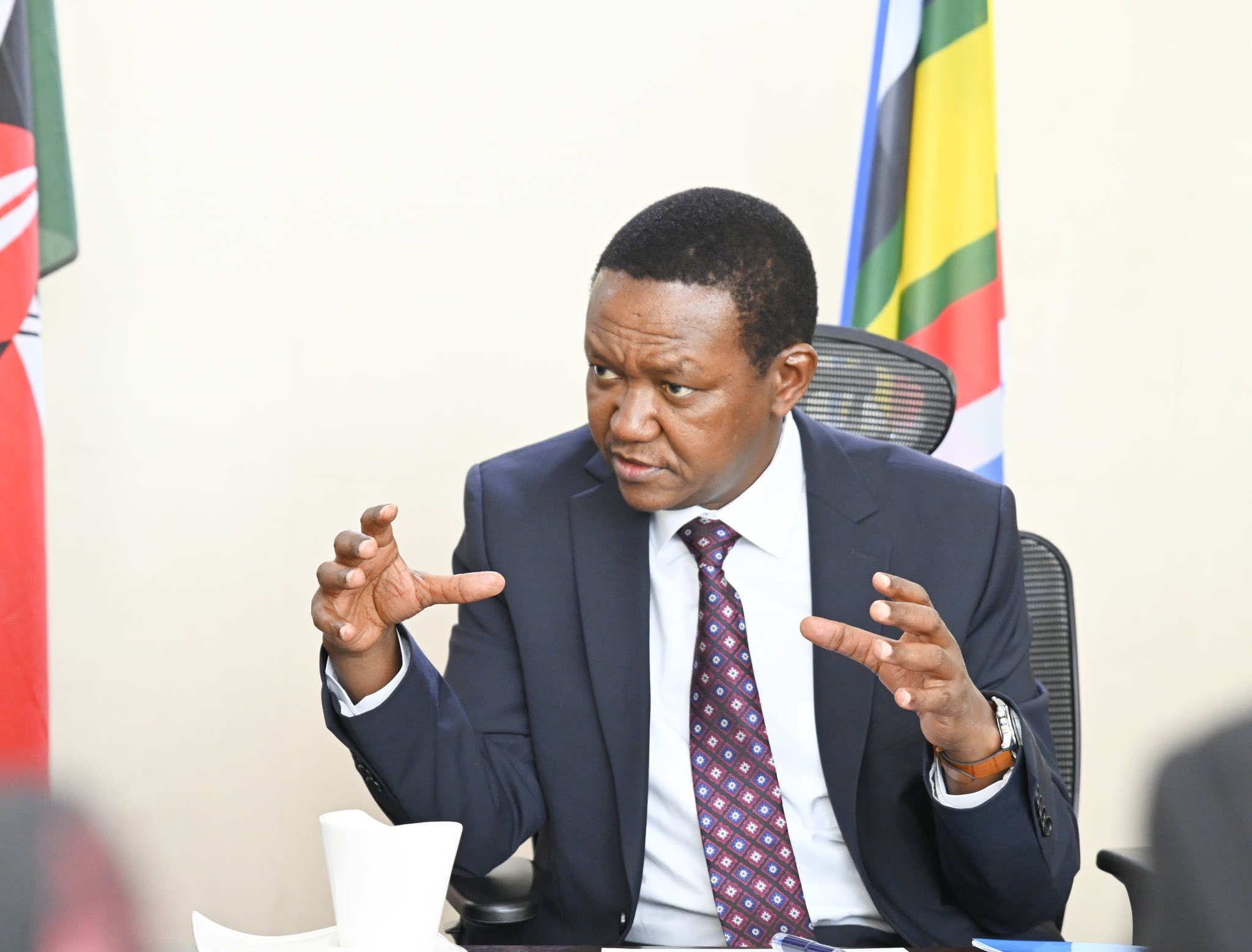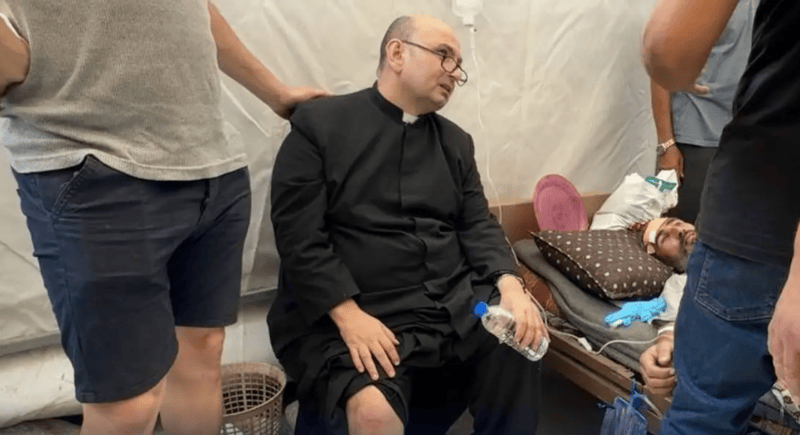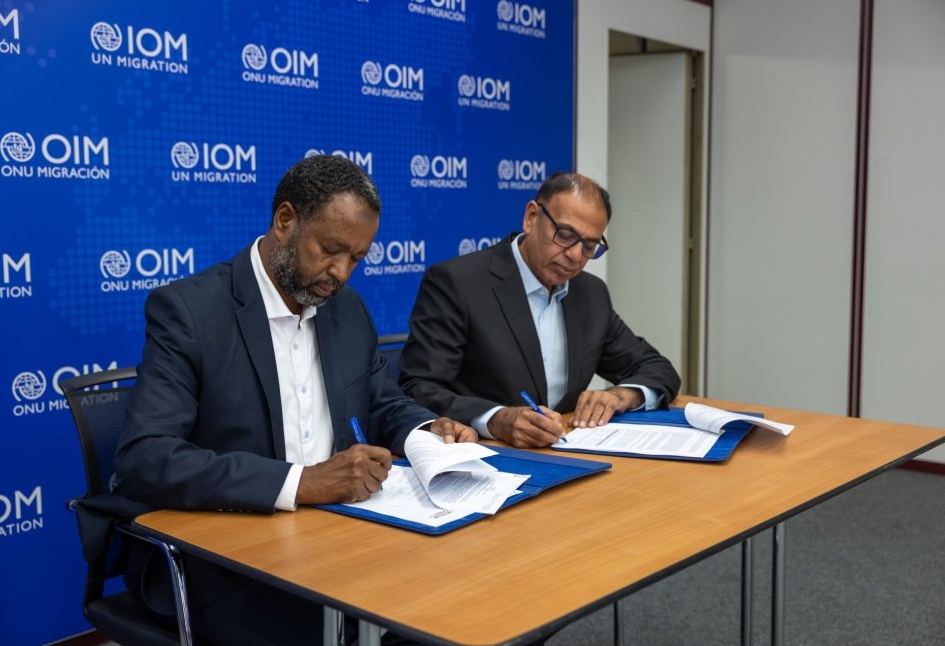HELB seeks powers to freeze bank accounts of 316,000 loan defaulters
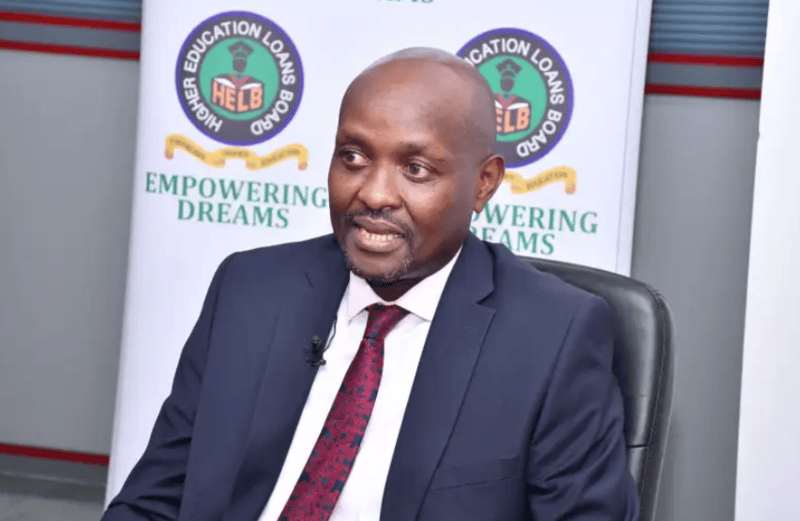
HELB CEO Geoffrey Monari warned that rising loan defaults threaten the sustainability of the fund, which for the last 27 years has supported students from financially disadvantaged backgrounds.
The Higher Education Loans Board (HELB) has proposed new legal powers that would grant it the authority to access and freeze the bank accounts of loan defaulters as it seeks to recover Sh35 billion owed by over 316,000 former university students.
Appearing before Members of Parliament on the National Assembly’s Public Investment Committee on Governance and Education, HELB Chief Executive Officer Geoffrey Monari warned that rising loan defaults threaten the sustainability of the fund, which for the last 27 years has supported students from financially disadvantaged backgrounds.
More To Read
- HELB turmoil deepens as Chairperson Ekwee Ethuro, CEO Geoffrey Monari clash over Sh12.9 billion shortfall
- Universities Fund faces Sh9.6 billion deficit as pending bills soar to Sh72.2 billion
- HELB writes off Sh347 million after identifying over 2,600 deceased loan defaulters
- HELB tightens portal rules, orders minor applicants to update national ID details
- TTC student loans proposal unsustainable without dedicated sector budget, HELB warns
- HELB opens loan and scholarship applications for university, TVET students until August 31
Monari revealed that while 464,000 former students are actively repaying their loans, only Sh66 million is being recovered, an amount he described as far too low to sustain the revolving fund. He said that 316,000 graduates had not started repaying their loans, yet many were employed locally, running businesses or working abroad.
“Only Sh66 million is being repaid by 464,000 students, typically over a 10-year period. Meanwhile, the 316,000 defaulters have not started repayments. If we can get them to start repaying, it would significantly improve cash flow to support current students,” Monari said.
To address this, HELB is now seeking parliamentary approval to amend the law and empower the board to freeze bank accounts of defaulters, particularly those with stable incomes. Monari said the proposed powers would deter non-compliance and help recover funds that could benefit current university students.
“My request is for legislation that allows us to freeze accounts of former students who are doing business but not repaying their loans, similar to how the Kenya Revenue Authority (KRA) freezes business accounts. This would encourage defaulters with steady incomes to comply,” Monari said.
“We can provide a detailed proposal outlining the laws we need to recover these funds.”
However, legislators questioned the board’s recovery strategies, describing HELB’s over-reliance on Treasury allocations as unsustainable. They also expressed concern over the board’s apparent lack of an effective system to track and follow up on defaulters.
“Do you have a system to track these funds? Are you saying all 316,000 defaulters are unemployed and unable to repay?” Embakasi West MP Mark Mwenje posed.
Committee Chair Francis Sigei (Sotik MP) added, “Are you aware of employed graduates who are reluctant to pay? What about those who have ventured into successful businesses? Do you have mechanisms to follow up on these loans?”
In response, Monari said HELB has an inspectorate department responsible for ensuring compliance and that employers who fail to deduct and remit repayments face a penalty of Sh3,000 per student per month for every month they default.
Regarding defaulters living abroad, Monari said enforcement remains difficult but noted that HELB is working with Kenya’s embassies and the State Department of Immigration to strengthen tracking systems.
“We face challenges with the diaspora. We are working with our embassies and running online campaigns to encourage repayment. We are also exploring partnerships with the State Department of Immigration to track Kenyans leaving the country using their ID numbers linked to passports. This would help us locate defaulters more precisely,” he said.
To compel self-employed graduates to comply, Monari said defaulters are blacklisted with the Credit Reference Bureau, which limits their access to loans and other financial services. However, he admitted that HELB has limited oversight of graduates working in the gig economy and informal online businesses where income is irregular and often unreported.
“We appeal to these graduates to repay their loans, as it is the right thing to do and ensures future students can benefit,” he said.
The MPs urged HELB to broaden its funding sources and reduce dependency on Treasury allocations.
“As time goes on, you must realize the Treasury is not a reliable source of funds. You need to work harder to recover your loans to avoid relying on the exchequer,” the committee advised.
The legislators have summoned Education Cabinet Secretary Julius Ogamba and Principal Secretary for Higher Learning Beatrice Inyangala to appear before the committee on June 18 to address HELB’s financial challenges and respond to members’ concerns.
Top Stories Today
